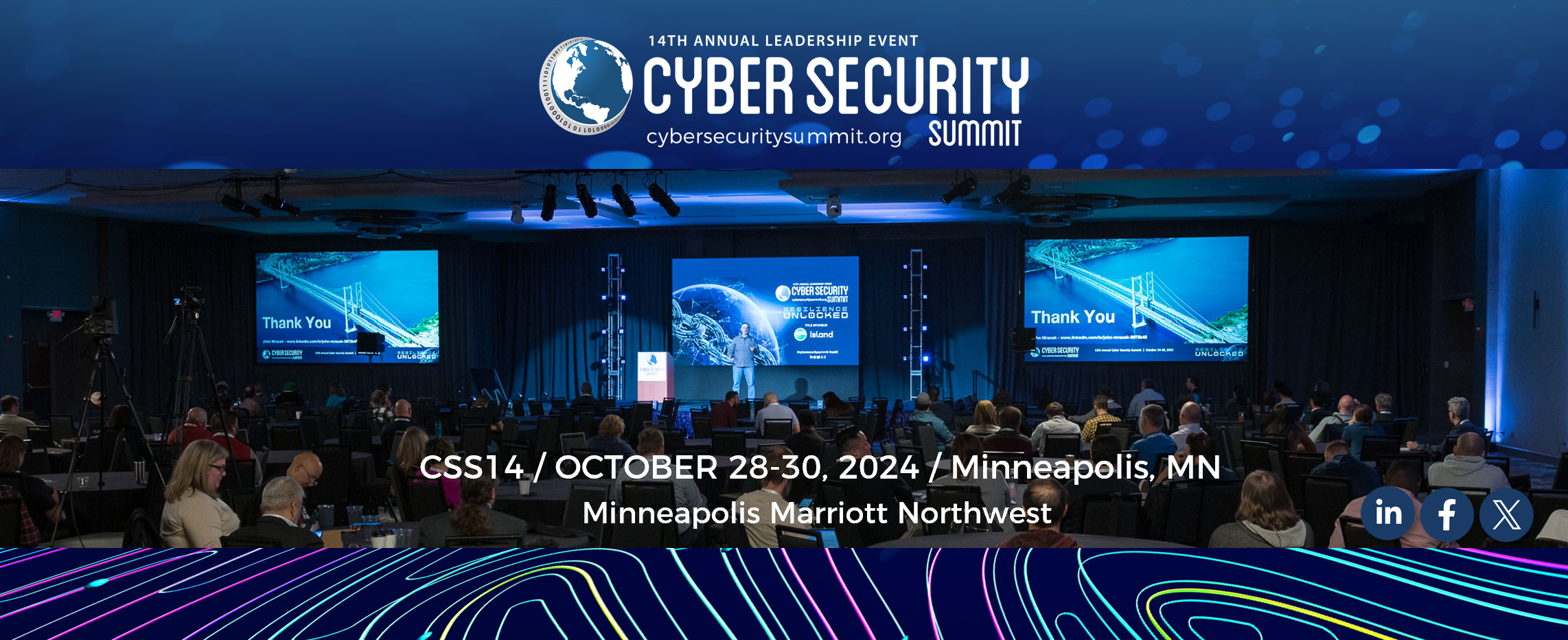By Simon Bracey Lane, PhD student, University of Canberra.
The topic of this year’s Cyber Security Summit is the Power and Peril of Connection.
Connections are powerful. The value of our interpersonal connections became evident in 2020 as the pandemic changed the way we interact with colleagues, friends, and family. The proliferation of mobile devices and sensors in everyday items has created the most powerful network of interconnected devices imaginable. But with great power comes great responsibility, as these devices present a huge growth in our societies’ attack surfaces. This rapid growth of connectivity requires security professionals to adapt and learn faster than ever before.
Keynotes:
The Cyber Security Summit strives to present speakers who are the best placed to comment on the cutting edge of our field. This year is no different.
The opening keynote on the Cyber Security Summit’s second day will be delivered by Jen Easterly, Director of the Department of Homeland Security’s Cybersecurity, and Infrastructure Security Agency (CISA). Nominated by President Biden in April 2021 and unanimously confirmed by the Senate on July 12, 2021. A distinguished graduate of the United States Military Academy at West Point, Ms Easterly holds a master’s degree in Philosophy, Politics, and Economics from the University of Oxford. Ms Easterly has a long tradition of public service, including two tours at the White House. A two-time recipient of the Bronze Star, Ms Easterly served in Haiti, the Balkans, Iraq, and Afghanistan. Responsible for standing up the Army’s first cyber battalion, Ms Easterly was also instrumental in the design and creation of the United States Cyber Command.
As Director of CISA, Easterly is leading the national effort to understand, manage and mitigate risk to our physical and cyber infrastructure. Under Director Easterly’s leadership, CISA is working to change the thinking on cybersecurity through imagination and to increase our national cyber preparedness through collaboration with the public and private sectors. She’ll provide insight into the benefits of a truly unified effort to secure the nation from cyber threats and how we can act now, together, to realize the greatest impact. Key themes will include how promoting better collaboration and strengthening cooperation between public and private sectors are the most critical pieces to solving the cybersecurity puzzle.
The opening keynote is bookended by FBI Executive Assistant Director Darrin Jones. The closing keynote involves a briefing on the ‘Lawful Access Challenge’. Executive Assistant Director Jones, who leads the FBI’s scientific, operational technology, and criminal justice information sharing programs, will discuss the escalating risk posed by the lawful access to encrypted data challenge, which impedes the investigation and prevention of serious crimes such as online child exploitation and sexual abuse. His remark will underscore the shared interests between law enforcement and industry to ensure support and recommended use of strong but responsibly managed encryption.
He will describe the challenge faced by many federal, state, local, and tribal law enforcement agencies from “warrant-proof” encryption. EAD Jones will also highlight the importance of continued cooperation and partnership in the international law enforcement community that is vital to address public safety and the national security challenges presented by modern communication services, applications, and devices.
Key folks:
One key presentation will be delivered by Brigadier General Stefanie Horvath, titled: Beyond Defragging Our Cyber Strategy. Horvath, who serves as the Mobilization Assistant to the Director of Operations at U.S. Cyber Command will discuss how we must improve our system performance to defend American interests in the cyber domain. Horvath combines military-strategic examples and cybersecurity analysis to visualize a stronger defensive cyber strategy with a focus on how to lead with collaboration while solving hard security problems our nation faces.
Another example of the horizon scanning speakers available is Dr Vasileios Karagiannopoulos. A reader in Cybercrime and Cybersecurity at Portsmouth University, Dr Karagiannopoulos has prepared a briefing on Hacktivism. This includes a discussion on its past, present, future and what can we learn from it. This talk will initially define the different dimensions of hacktivism and provide an overview of its history up to the present day. It will then discuss the organizational and tactical aspects of hacktivist groups and will highlight some lessons we can learn from past examples regarding dealing with hacktivism in the future.
From keynotes to key folks. We are proud to present another roster of high caliber thought leaders. We invite you to explore our robust agenda and our full slate of presenters.
